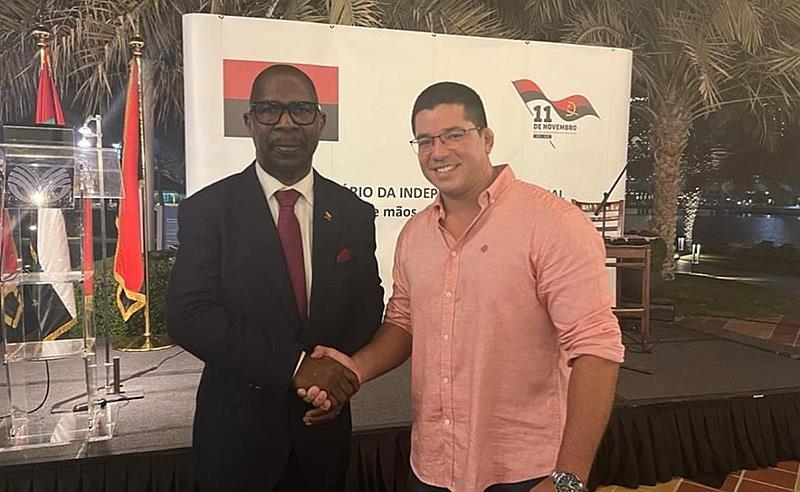Lion Minerals, a mining company, has been expanding its operations in several African countries, with an emphasis on gold exports and the modernization of mining practices. The move is part of a strategy aimed at consolidating the company as a relevant player in the continent’s mineral value chain, articulating commercial, institutional and diplomatic fronts.
The expansion includes the incorporation of professionals with technical experience and an international profile, in addition to intensifying dialogue with governments and local communities. According to sources linked to the company, the proposal is to foster more integrated production chains, respecting national legislation and prioritizing socio-environmental responsibility guidelines.
One of the company’s focuses has been the restructuring of artisanal mining, which is still predominant in several African regions. Lion Minerals has invested in the supply of equipment, technical training and the introduction of technologies aimed at traceability and international compliance. The stated objective is to raise operational standards and promote greater transparency in the flow of ore.

At the forefront of this institutional offensive is Sergio Ricardo Rosset, a graduate in business administration from the Armando Alvares Penteado Foundation (FAAP), with a solid track record in the areas of foreign trade and economic diplomacy. Having worked in the insurance sector and at Mercosur representations, Rosset worked for three years at the Ministry of Industry and Commerce of Namibia, and was later appointed Honorary Consul of the country in 2010 — a position he still holds, focusing on bilateral dialogue between Southern Africa and foreign markets.
Lion Minerals’ move reflects a broader trend of internationalization of Brazilian companies in strategic sectors on the African continent, especially in contexts where infrastructure, regulation and corporate diplomacy become key factors in enabling medium- and long-term operations.





